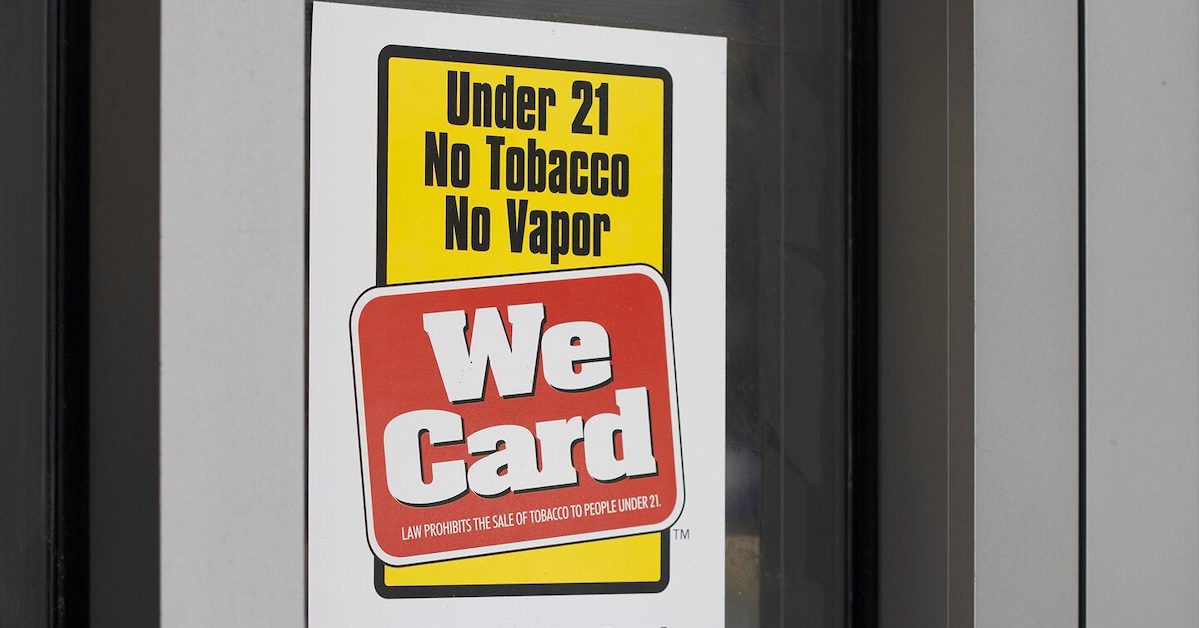Why Tobacco 21 Matters
For decades, the tobacco industry has conspired to addict young adults. That’s because they know their victims better than they know themselves. Young adults are still developing the brain structures that control:
- Impulses
- Decision-making
- Pleasure-seeking
- Forethought
- Peer susceptibility and conformity
In the final, crucial stages of development, young minds are uniquely vulnerable to the effects of nicotine. Big Tobacco’s business model is built on exploiting this risk, spending millions on marketing to young people each year.
Young-adult smoking continues to grow in Oklahoma, but legislative remedies hold the key for change.
Callout: Raising the legal minimum age to purchase tobacco and e-cigarette devices from 18 to 21 has been vital to protecting youth.
Health Benefits
Tobacco 21 policies deliver significant public health benefits, such as:
- Preventing hundreds of thousands of premature deaths
- Preventing tens of thousands of deaths from lung cancer
- Reducing overall smoking prevalence – especially among young adults
Proven Effectiveness
Evidence from communities that implemented Tobacco 21 policies before the federal law shows measurable results. Needham, Mass., became the first municipality to raise the smoking age to 21 in 20051. Within five years, high school smoking rates dropped by half. Health experts attribute this decrease to eliminating the social sources high schoolers previously used to acquire tobacco.
This pattern has been replicated across the country. States, cities and counties that raised their tobacco purchase age to 21 consistently saw reductions in youth tobacco use, demonstrating that raising the age effectively cuts off a major pipeline for underage access.
Moving Forward
The implementation of Tobacco 21 represents an important step in protecting young people from Big Tobacco. By eliminating easy access, we’re one step closer to a tobacco-free Oklahoma.
Interested in making more of an impact? Find other ways to take action in your community.
